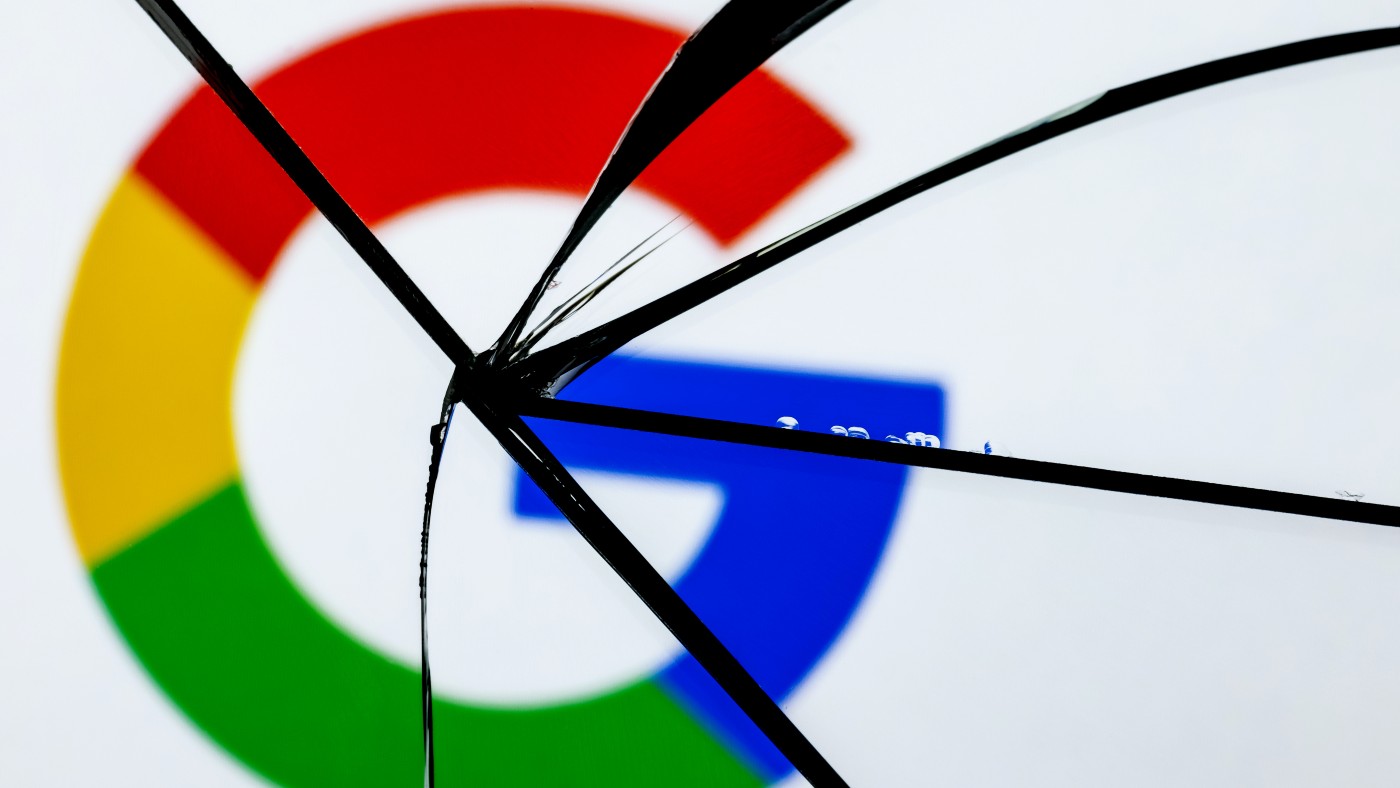Perplexity AI: has Google finally met its match?
Generative AI start-up provides fast, Wikipedia-like responses to search queries

Google's domination of the search engine sphere is facing a fresh challenge in what commentators have described as a face-off on the lines of "Martin Luther taking on the Catholic Church".
Starting a search business has long "been a nearly impossible hill to climb", said industry news site Digiday, because new contenders are "invariably up against" the "Mt. Everest" of Google. But a start-up called Perplexity AI is aiming to reach that peak by using artificial intelligence to offer answers to questions rather than simply links.
What is the new product?
Recently valued at $1 billion, Perplexity AI is the creation of Aravind Srinivas. After interning at OpenAI and Google's DeepMind, both of which became leaders in generative artificial intelligence, Srinivas co-founded his challenger tool, which provides fast, Wikipedia-like responses to search queries. So it's "bye bye" to the "10 blue links" of Google, said The Verge, and "hello direct answers to all my weird questions about the world".
The Week
Escape your echo chamber. Get the facts behind the news, plus analysis from multiple perspectives.

Sign up for The Week's Free Newsletters
From our morning news briefing to a weekly Good News Newsletter, get the best of The Week delivered directly to your inbox.
From our morning news briefing to a weekly Good News Newsletter, get the best of The Week delivered directly to your inbox.
By "gleaning answers from a variety of large language models, both closed and open-source", said The Economist, Perplexity AI "can take advantage of each model's analytical strengths", as well as "their varying pricing structures", to "improve performance and lower costs".
What do the experts say?
Srinivas has "openly thrown down the gauntlet to Google", said The Economist. "Upstarts are supposed to win over underserved customers with cheap, scrappy technology". But Perplexity, with a subscription model that may eventually include ads, "can be more expensive than Google and its answers tend to be far more polished (if not always accurate)".
The "thing you have to understand about a search engine", said The Verge, "is that a search engine is many things". People use Google to "find important and hard-to-access scientific information", but also to "find their email inbox, get to Walmart's website, or remember who was president before Hoover". Some people even type "google" into Google.
In other words, although we "mostly talk" about Google as a research tool, "in reality, it's asked to do anything and everything you can think of, billions of times a day". So "the real question in front of all these would-be Google killers" is "not how well they can find information" but rather "how well they can do everything Google does".
A free daily email with the biggest news stories of the day – and the best features from TheWeek.com
And Google keeps doing more. Alphabet, the owner of the search engine, has the "researchers and deep pockets" to continue improving generative AI search, said The Economist, and the computing costs of queries have fallen by 80% since they were first introduced.
Although the "10 blue links" of Google "isn't the answer for search", said The Verge, neither is "an all-purpose text box". Ultimately, "search is everything, and everything is search", so "it's going to take a lot more than a chatbot to kill Google".
All the same, the ongoing race to make that kill promises to be an entertaining one. It is a "given" that AI can "help search engines understand questions and process information better", but "can Google reinvent its results pages, its business model, and the way it presents and summarises and surfaces information, faster than the AI companies can turn their chatbots into more complex, more multifaceted tools?"
Chas Newkey-Burden has been part of The Week Digital team for more than a decade and a journalist for 25 years, starting out on the irreverent football weekly 90 Minutes, before moving to lifestyle magazines Loaded and Attitude. He was a columnist for The Big Issue and landed a world exclusive with David Beckham that became the weekly magazine’s bestselling issue. He now writes regularly for The Guardian, The Telegraph, The Independent, Metro, FourFourTwo and the i new site. He is also the author of a number of non-fiction books.
-
 Why are federal and local authorities feuding over investigating ICE?
Why are federal and local authorities feuding over investigating ICE?TODAY’S BIG QUESTION Minneapolis has become ground zero for a growing battle over jurisdictional authority
-
 ‘Even those in the United States legally are targets’
‘Even those in the United States legally are targets’Instant Opinion Opinion, comment and editorials of the day
-
 Magazine printables - January 16, 2026
Magazine printables - January 16, 2026Puzzle and Quizzes Magazine printables - January 16, 2026
-
 Will regulators put a stop to Grok’s deepfake porn images of real people?
Will regulators put a stop to Grok’s deepfake porn images of real people?Today’s Big Question Users command AI chatbot to undress pictures of women and children
-
 Is social media over?
Is social media over?Today’s Big Question We may look back on 2025 as the moment social media jumped the shark
-
 Most data centers are being built in the wrong climate
Most data centers are being built in the wrong climateThe explainer Data centers require substantial water and energy. But certain locations are more strained than others, mainly due to rising temperatures.
-
 The dark side of how kids are using AI
The dark side of how kids are using AIUnder the Radar Chatbots have become places where children ‘talk about violence, explore romantic or sexual roleplay, and seek advice when no adult is watching’
-
 Why 2025 was a pivotal year for AI
Why 2025 was a pivotal year for AITalking Point The ‘hype’ and ‘hopes’ around artificial intelligence are ‘like nothing the world has seen before’
-
 AI griefbots create a computerized afterlife
AI griefbots create a computerized afterlifeUnder the Radar Some say the machines help people mourn; others are skeptical
-
 The robot revolution
The robot revolutionFeature Advances in tech and AI are producing android machine workers. What will that mean for humans?
-
 Separating the real from the fake: tips for spotting AI slop
Separating the real from the fake: tips for spotting AI slopThe Week Recommends Advanced AI may have made slop videos harder to spot, but experts say it’s still possible to detect them